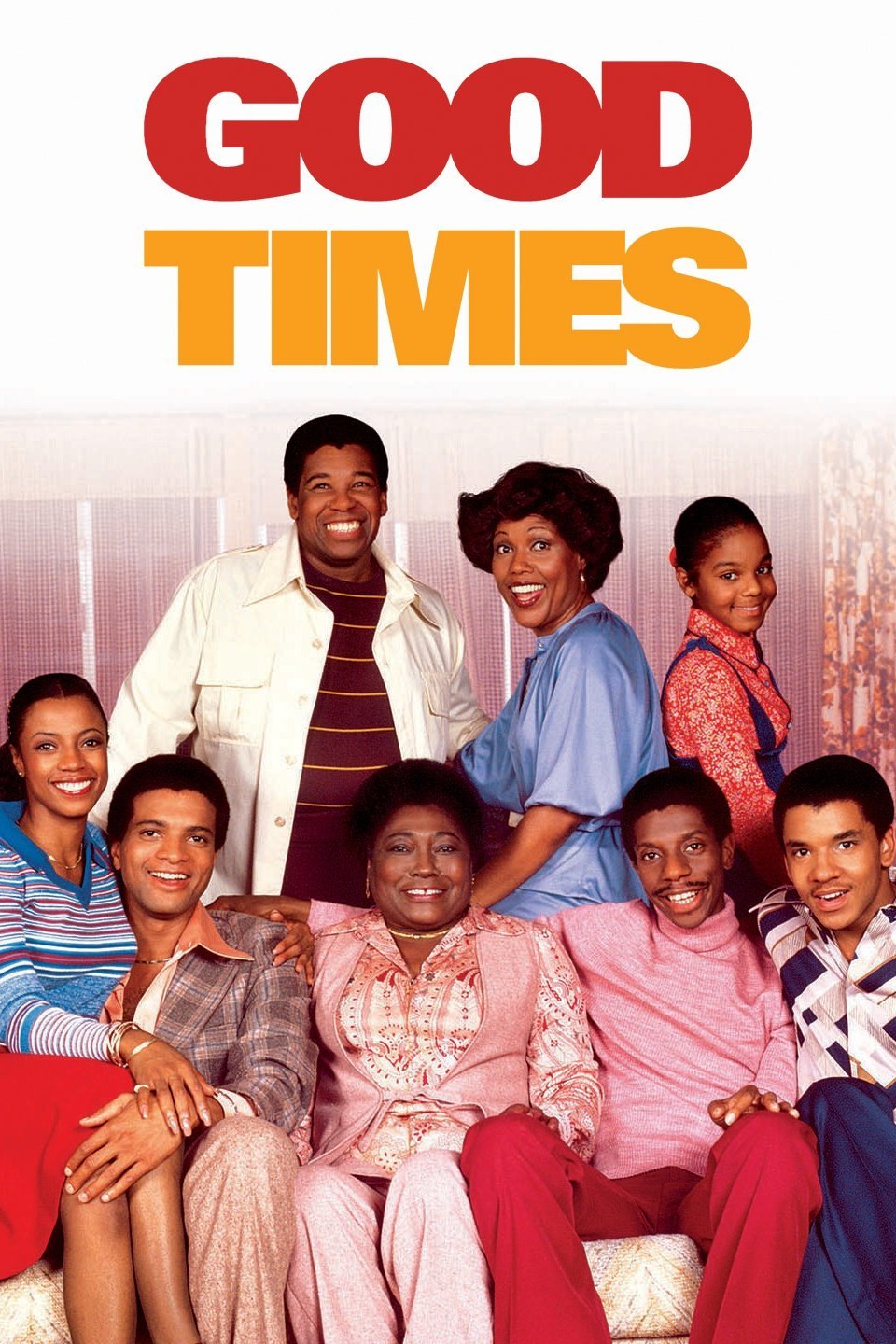What happened to the cast of the iconic TV show 'Good Times?' The series aired from 1974 to 1979, chronicling the lives of the Evans family in Chicago. It became a cultural phenomenon, resonating with millions of viewers during its time. The original cast members have since embarked on various paths, some continuing in entertainment while others stepped away entirely. As fans reminisce about their favorite moments from the show, curiosity naturally arises about where these beloved actors are today.
The Evans family consisted of Florida (Esther Rolle), James (John Amos), and their children, including J.J. (Jimmie Walker) and Thelma (BernNadette Stanis). Each character brought something unique to the table, contributing to the show's enduring legacy. Despite its success, many stars opted out of acting careers following the series' conclusion. However, they remain significant figures within television history due to their impactful portrayals on 'Good Times.'
| Name | Bio Data & Personal Information | Career | Professional Information |
|---|---|---|---|
| Esther Rolle | Best known for playing Florida Evans, Esther Rolle was born on November 8, 1920, in Pompano Beach, Florida. She passed away on November 17, 1998. | Rolle started her career in theater before transitioning into film and television. Her portrayal of strong African American women earned critical acclaim. | Her work extended beyond 'Good Times,' including roles in movies like Sounder and appearances on Broadway stages. For more details visit Biography. |
| John Amos | Born John David Weaver on December 26, 1939, in Evanston, Illinois, John Amos gained fame through his role as James Evans Sr. | After leaving 'Good Times,' he continued working extensively in both acting and voiceover projects. | Notable credits include starring in Roots and lending his talents to animated series such as The Proud Family. Learn more at IMDb. |
| Jimmie Walker | Jimmie Walker, born February 20, 1949, in Harlem, New York City, became synonymous with humor thanks to his catchphrase “Dyn-o-mite!” | Walker pursued stand-up comedy after 'Good Times,' eventually hosting his own variety show titled The Jimmie Walker Show. | He remains active in comedy circuits and occasionally appears on TV specials. Find additional information via Official Website. |
| BernNadette Stanis | BernNadette Stanis, born July 17, 1953, in Philadelphia, Pennsylvania, played Thelma Evans throughout the series run. | Stanis transitioned into writing and directing while advocating for educational causes related to diversity. | She has written several books and serves as an educator focusing on media representation issues. Explore further here: BernNadette Stanis Official Site. |
Interest in reviving classic shows persists among modern audiences, leading Netflix to announce an animated reboot of 'Good Times.' This new adaptation features contemporary voices such as Smoove, Yvette Nicole Brown, Jay Pharoah, Marsai Martin, and Gerald “Slink” Johnson. While reactions vary widely across social platforms, the decision to reimagine this cherished sitcom sparks nostalgia alongside skepticism regarding creative liberties taken by producers.
Original cast members like John Amos and BernNadette Stanis expressed mixed feelings towards the upcoming version. In interviews conducted with The Hollywood Reporter, they acknowledged initial apprehension but also recognized opportunities presented by revisiting familiar themes using fresh perspectives. Amos remarked, They figured, if you put us in there, it wouldn't look so bad, highlighting concerns over maintaining authenticity amidst updated narratives.
Audiences may recall specific characters fondly; however, updates introduce elements never seen previously. One example includes a talking, drug-dealing baby armed with firearms—a stark contrast compared to original depictions centered around family dynamics and socio-economic struggles faced by inner-city communities during the 1970s era. Such changes elicit varied responses depending upon individual preferences concerning faithful adaptations versus innovative storytelling approaches.
As discussions surrounding remakes intensify, attention shifts back toward those who originally brought these stories to life. Fans appreciate learning about current endeavors undertaken by former 'Good Times' personalities. Whether pursuing artistic ventures or engaging socially meaningful initiatives, each actor leaves lasting impressions extending far beyond scripted lines delivered decades ago.
Ultimately, the essence of 'Good Times' lies not only within memorable performances but also in addressing universal topics relevant even today. Themes exploring familial bonds, resilience against adversity, and celebrating cultural heritage continue inspiring new generations. Regardless of personal opinions regarding potential reboots, honoring contributions made by pioneering artists ensures preservation of invaluable legacies established through groundbreaking productions like 'Good Times.'
For instance, Johnny Brown contributed comedic relief as Grady Wilson, becoming another household name associated with the program. Similarly, Ja’Net DuBois lent charm portraying Willona Woods, adding depth to neighborhood interactions depicted weekly. Even brief appearances left indelible marks shaping collective memories tied closely to this influential series.
Moreover, younger talents emerged under the umbrella of 'Good Times,' providing stepping stones toward successful futures. Janet Jackson briefly appeared as Penny Gordon-Woodson, showcasing early glimpses of musical prowess destined to define subsequent decades. These collaborations exemplify how interconnected efforts produce lasting impacts capable of transcending temporal boundaries separating past achievements from present-day relevance.
In summary, tracing developments experienced by key players involved with 'Good Times' reveals fascinating journeys filled with triumphs and challenges alike. From theatrical beginnings to global recognition, every step forward contributes significantly toward enriching shared histories connecting diverse groups worldwide. Thus, appreciating ongoing evolutions occurring within entertainment industries helps foster greater understanding regarding why certain programs maintain timeless appeal despite shifting societal contexts influencing consumption habits globally.



